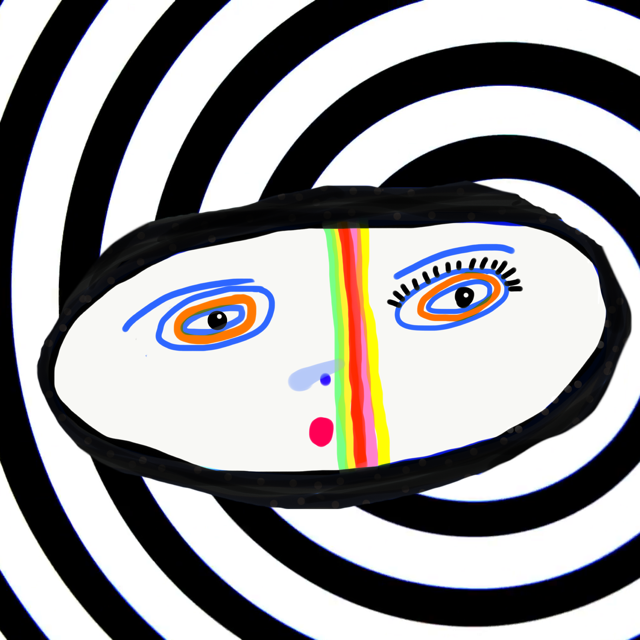How to deal with sleep issues
Dealing with the consequences of grooming
One of the most common consequences of adult grooming is a lack of sleep. Sometimes this is an issue in its own right, sometimes it’s a consequence of another issue, like trauma, PTSD, fear….
We’ve put together some suggestions for getting a good night’s sleep. They are things to try, not prescriptions. Some may work for you, others less so - do what’s right for you. We are all different.
Although methods suggested here are tried and tested/well established, we would suggest that if you are taking any other medication or under clinical care, you check with a professional before using any supplements/medication. Similarly check for allergies and intolerances in suggestions like hot milk. (It sounds obvious/may sound a bit silly, but a lack of sleep can have our thinking off balance.)
Obviously, having done the research, we hope it’s been worthwhile, and that this helps you get a fabulous night’s sleep!
Dealing with the consequences of grooming: Analysing and treating issues
-

Sleep: Treating Insomnia
NHS advice on dealing with insomnia
-

CBTi for insomnia
CBT for Insomnia: How It Works & What to Expect?
Choosing Therapy explains
-
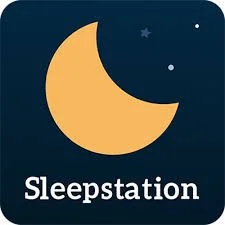
Can you get NHS-funded access to Sleepstation?
Sleepstation CBTi, is a “Class I medical device” (their words) which delivers structured, evidence-based guidance. In some places it’s funded by the NHS.
-
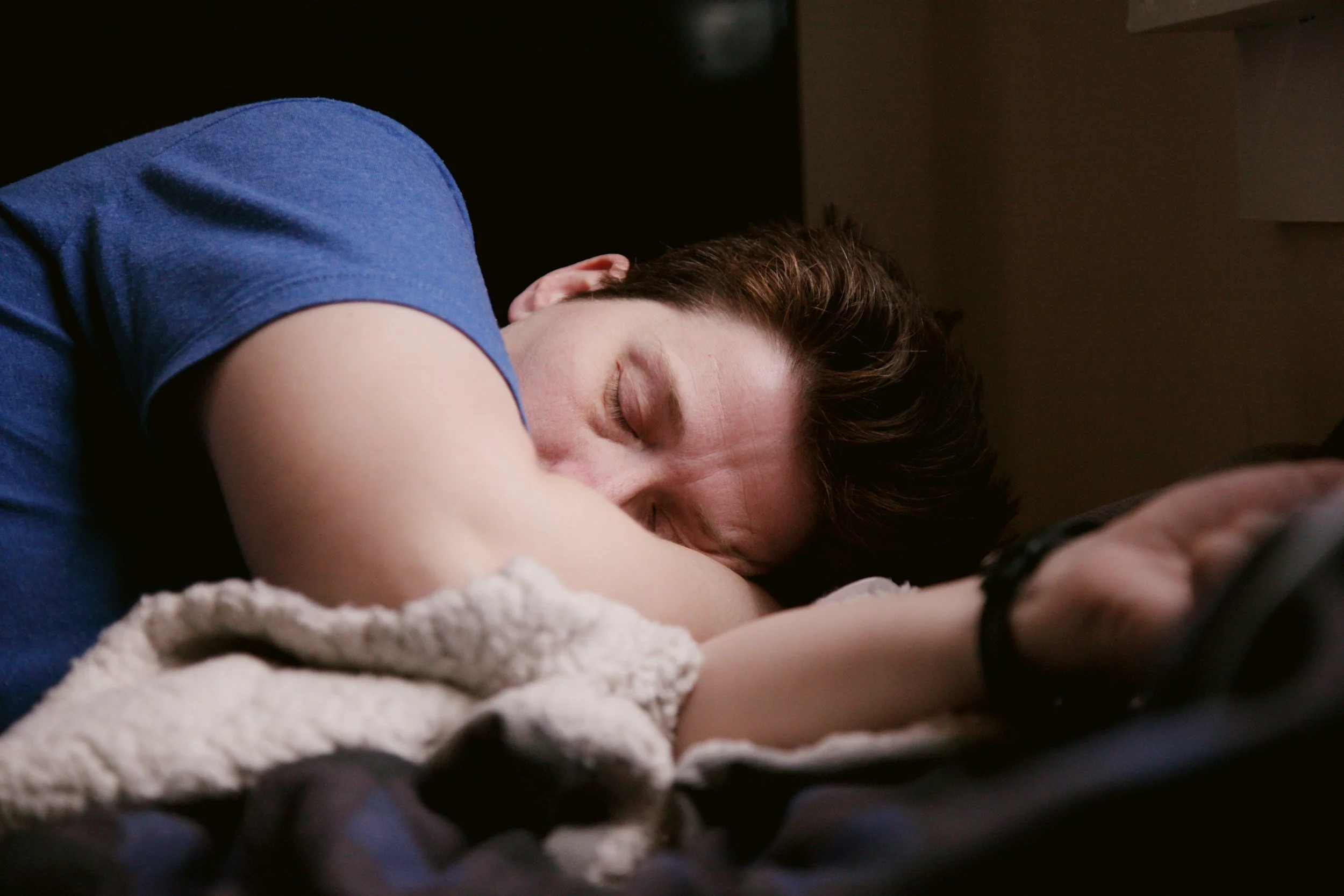
How to fall asleep in under a minute
PTSD UK offer advice on how to fall asleep…dast!
Sleep problems - things to try
-

Sleep: your Circadian Rythm
“Circadian rhythms are 24-hour cycles that help govern essential bodily functions—especially the sleep-wake cycle—by syncing internal processes with the day–night cycle.”
-

Sleep: Serotonin: What It Is, How to Increase It, and Can You Have Too Much?
This article takes a look at the role of serotonin in sleep (and other things).
Serotonin: What It Is, How to Increase It, and Can You Have Too Much? From Very Well Mind
-

Sleep: the role of melatonin
Melatonin is a hormone that occurs naturally in your body.
-

Sleep: Exercise's role
The Sleep Doctor: “Studies have found that proper exercise can alleviate sleep-related problems and help you get an adequate amount of rest. Recent research also suggests insufficient or poor-quality sleep can lead to lower levels of physical activity the following day.”
-

Sleep: Warm milk
As odd as it sounds, warm milk can help with sleep!
-

Sleep: Exploring the Power of Music
Research from the Mayo Clinic and Bloomberg confirms music as a highly effective relaxation method - this article offers practical advice on integrating music into your nightly routine.
-
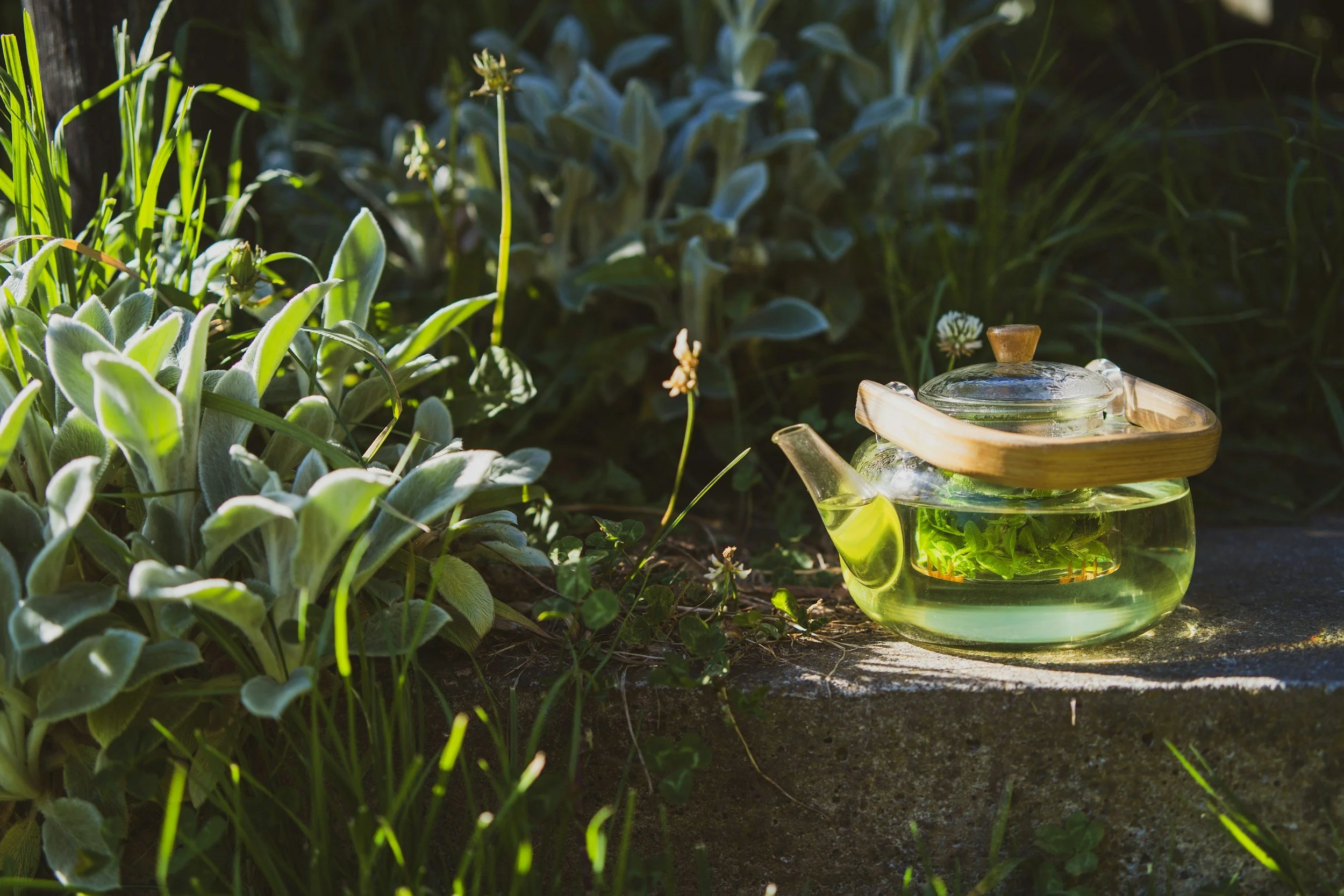
Sleep: herbal tea recommendations
CAAGe took a look at the herbal teas recommended for a good night’s sleep. We shortlisted six that science backs up as being worth a try.
Sleep problems - things to try to avoid
-

Sleep: Caffeine, lights and temperature
‘What’s Really Keeping You Awake at Night?’” asks Matthew Walker, author of Why We Sleep. he, shares the science behind the most common causes of poor sleep, and how to improve your sleep.
-

Sleep: The Effect of Electronics
Studies show that devices can interfere with sleep by suppressing the production of melatonin.
The Sleep Doctor explains
-
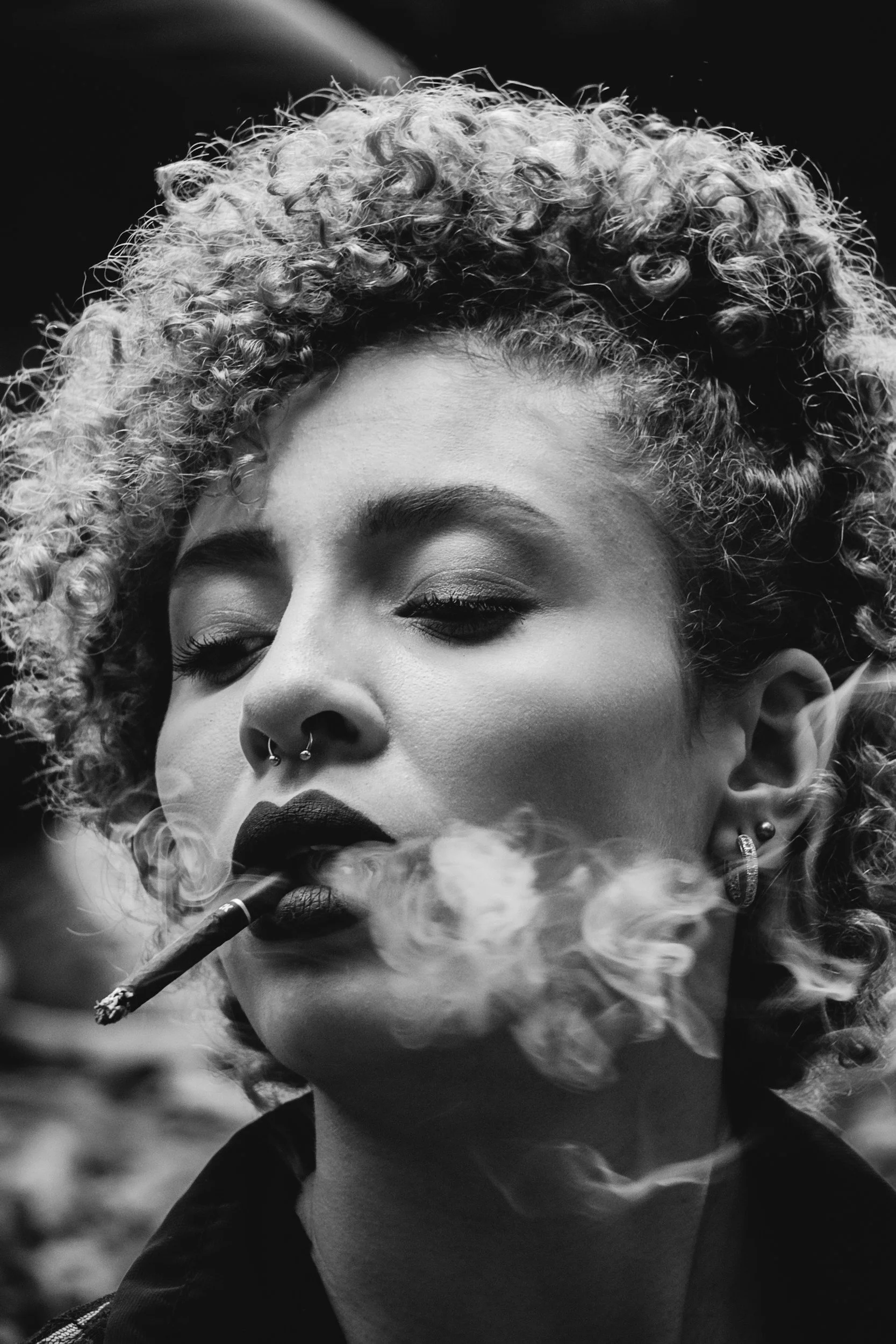
Sleep: Nicotine (smoking)
Whilst smoking may appear to ease your nerves, it transpires that it’s a stimulant.
The Sleep Foundation takes a look at the trelationship between smoking and sleep.
Dealing with nightmares/night terrors
-

Nightmares or night terrors?
NHS information on the differences
-
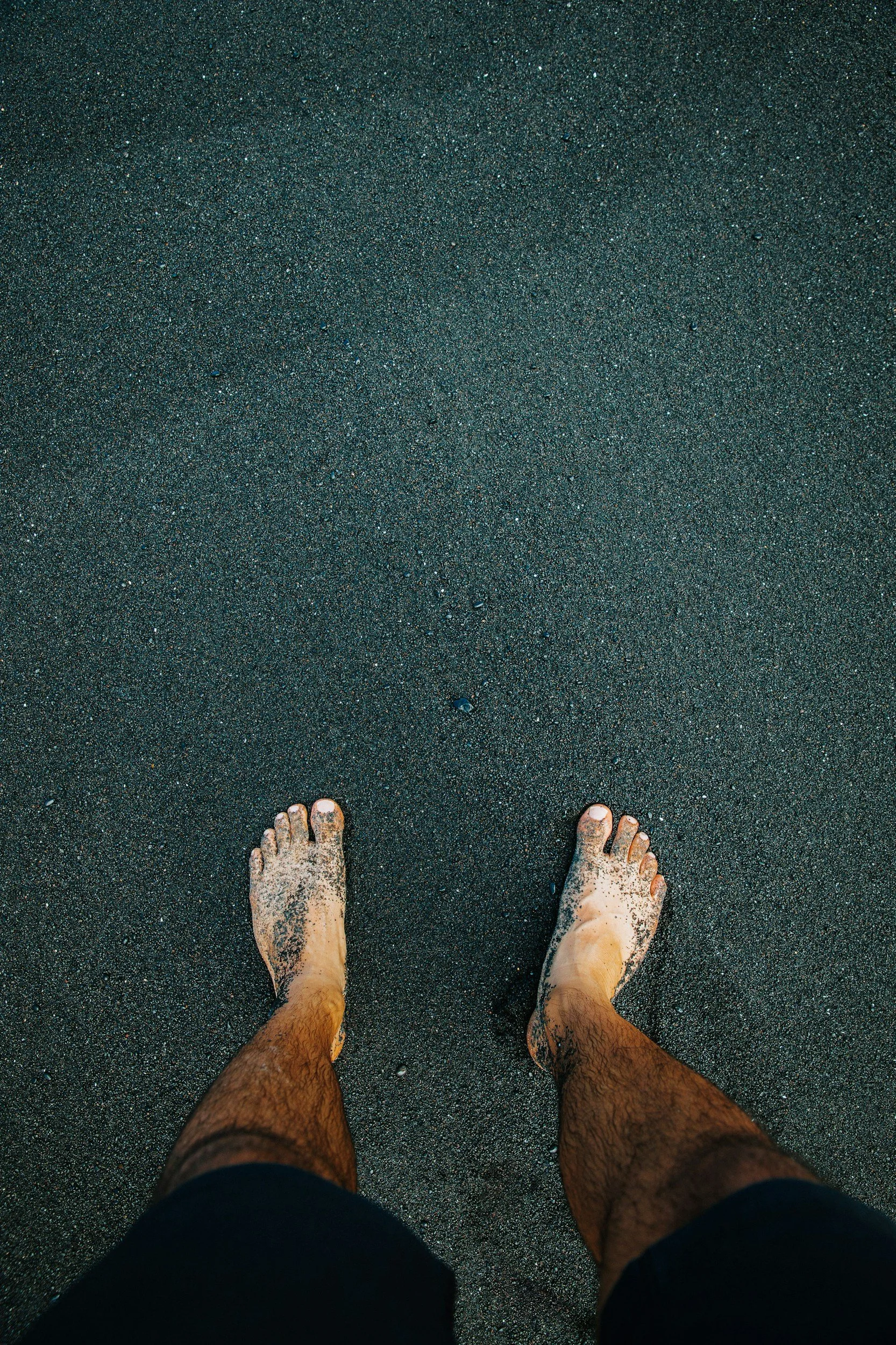
Sleep Walking (Somnabulism)
Sleep walking often goes hand in hand with night mares/night terrors.
Surprisingly, there is a strong genetic component.
This article in Psychology Toaday takes a closer look, including when to worry and how to stay safe.
-
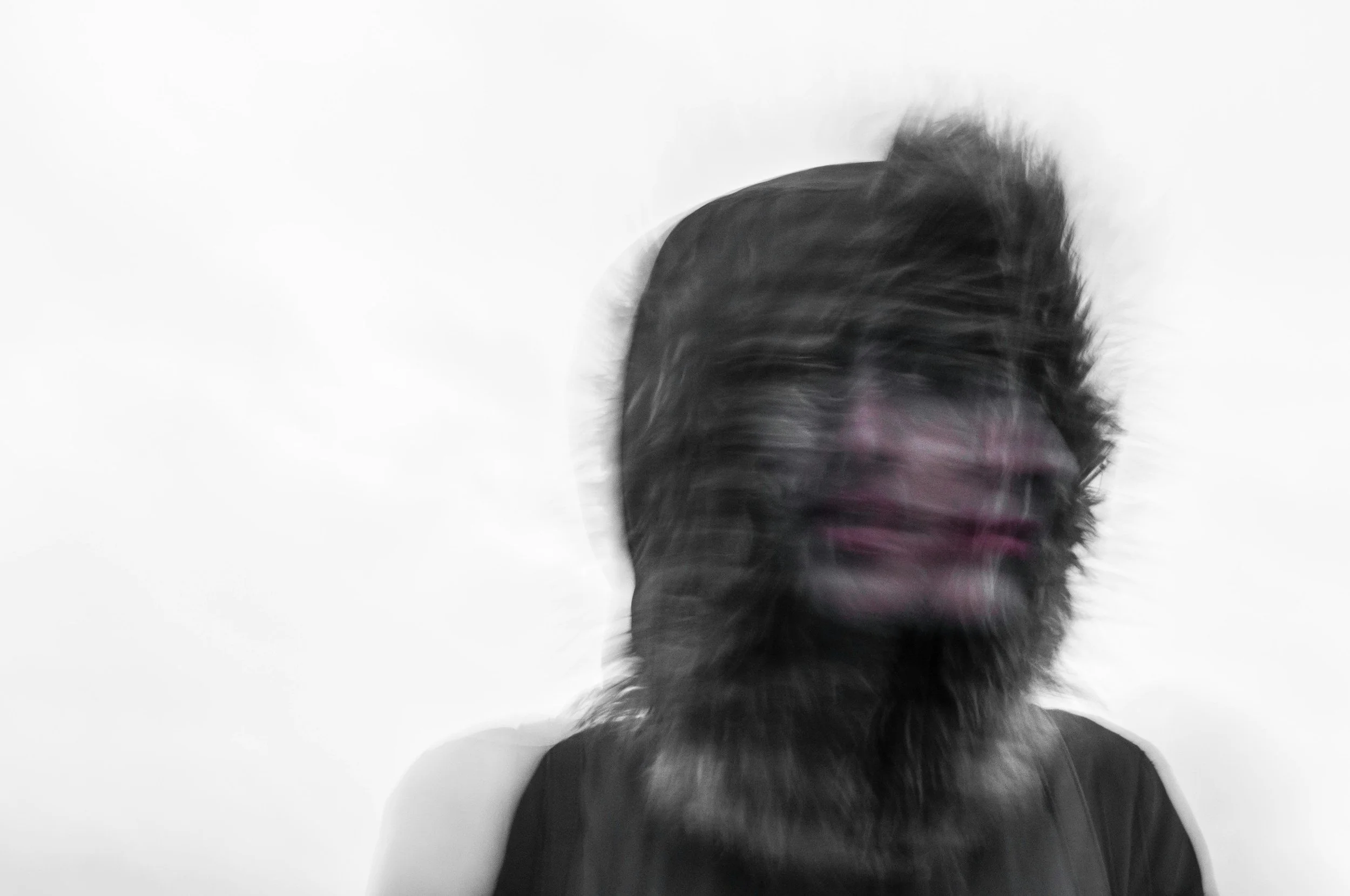
How can you reduce nightmares from PTSD
Nightmares can be a feature of Post Traumatic Stress Disorder (PTSD). Sufferers experience nightmares much more frequently than the general population (52-96% compared to 3% ).
Since such a high proportion of groomed people develop PTSD as a result, this is an issue close to our heart.
This article by PTSD UK looks at both why this is, and what might help.
